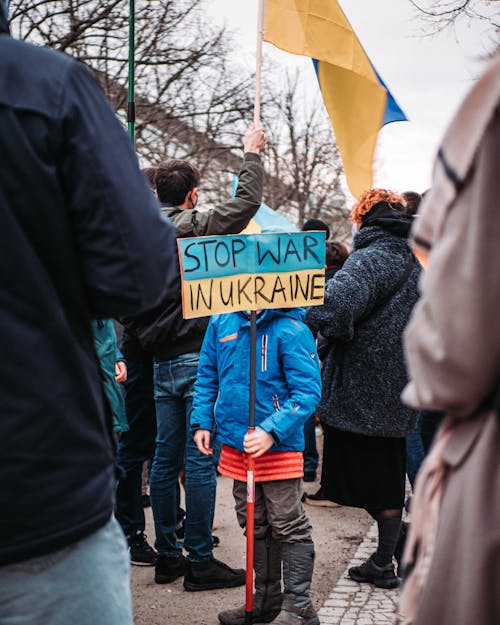
The News Desk Director of the Catholic Peace Weekly reminds us that July 27th is the 70th Anniversary of the end of the Korean War.
The Korean War lasted for three years and a month. The director mentions how terrible the experience was for him. But two operations reflected a tearful and warm desire for the return of humanity. In December 1950, there was the "Heungnam withdrawal operation" on the sea road and the "Kiddy Car Airlift" on the sky road. This was the 'Miracle of Christmas'.
Captain Leonard LaRue of the Meredith Victory, an American transport ship carrying 14,000 refugees, and Col. Russell Blaisdell, chaplain of the US 5th Air Force, evacuated 1,000 war orphans from Seoul to Jeju Island by truck and C-54 transport. The two went beyond heroes of the Korean War and became symbols of humanism.
Colonel Blazdel, who escaped with the war orphans safely under fire, was handed over to a military trial for disobedience to orders, said: "If my mission is to let children die, I will be discharged immediately." Colonel Dean Hess, a fighter pilot who joined the operation said: "We are fighting for victory, but what's the point of victory if all the children are gone?"
The biggest victims of the war are children. Children do not know what war is or why it is fought. They are separated from their parents by war, taken away from home, hungry and terrified. The right to run and play, study, and dream is taken away. They don't feel the warmth of family life. Pope Francis urges those responsible to stop the shameful and destructive war committed by adults, saying: "The cries of children who have been deprived of basic rights by the war continue to increase.
More than 4.5 million soldiers and civilians were killed in the Korean War. More than 10 million separated families and more than 100,000 war orphans were born. The Ukrainian war, which began with the Russian invasion has lasted for a year and five months, and so far exceeded 1.5 million refugees. 500,000 children have fled, and among them, it is estimated that 19,500 Ukrainian children were kidnapped and taken by Russia.
I met a person who lost both his parents in the Korean War and was sent to a nursery school as an orphan at a young age. He healed the wounds of the war with faith and became a professor through tribulation, and he said this about the hardships of his hard life. "No matter the difficulties, the prejudice that was not recognized by society because I was an orphan was the heaviest cross." Still, he recalled that he was able to overcome the difficulties with his faith in the Lord.
The desperate efforts of a Ukrainian mother, who wrote her name, date of birth, and contact number on the back of a two-year-old child for fear of becoming an orphan of war, touched the hearts of people around the world. "Even if my husband and I die, my daughter will know who she is." The photo of the child, known on social media, was a tearful cry and pain from parents informing us of the horrors of war and to protect their daughter.
Now, the Vatican is struggling with humanitarian mediation diplomacy (peace mission) to return Ukrainian war orphans who were taken to Russia to their parents. It is an opinion that humanitarian action should come first, whether it is a truce or an end. Pope Francis believes that the war can be stopped only when an environment is created to continue dialogue rather than exchanging shells. "I am willing to do everything that must be done. Peace is made through open channels. Don't say things aren't going well. You can create a situation. Let's stop the battle of destruction. Peace is not a dream, but a way for us to live."
The cries of Korean war orphans 70 years ago are coming from the battlefield far away: "Mom! dad! teacher! friends! Sister! I miss you all." We all hope that the Lord will help the return of these war orphans and add our own prayers to those of so many in the world today.





